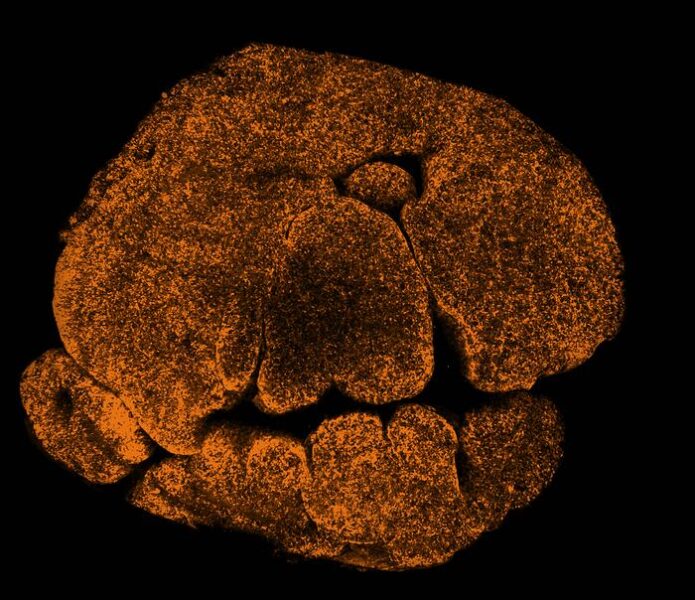Discovery Sheds Light on Immune Organ Shrinkage
Researchers at the Walter and Eliza Hall Institute (WEHI) have made a significant breakthrough in understanding why our immune system weakens as we age. Their study, published in Nature Immunology, provides new insights into the mysterious process of thymus shrinkage, a phenomenon that has puzzled scientists for decades.
The thymus, a small but crucial organ located behind the breastbone, plays a vital role in our immune defense by producing T cells. These specialized immune cells are essential for fighting infections and cancer. However, the thymus begins to shrink after puberty, leading to a decline in T cell production and overall immune function as we age.
WEHI Laboratory Head Professor Daniel Gray explains, “The number of new T cells produced in the body significantly declines after puberty, irrespective of how fit you are. By age 65, the thymus has virtually retired.” This reduction in thymic function makes it harder for the body to combat new infections and regulate immunity in older adults.
Unveiling the Cellular Culprits Behind Thymus Aging
Using advanced imaging techniques, the research team identified two previously unknown cell types that contribute to the thymus’s loss of function. These cells, found only in the aging thymus of older mice and humans, form clusters around T cell growth areas, impeding the organ’s ability to produce these crucial immune cells.
In a world-first discovery, the researchers observed that these cell clusters create ‘scars’ in the thymus, preventing the organ from regenerating after damage. Dr. Kelin Zhao, who led the imaging efforts, notes, “By capturing these cell clusters in the act and showing how they contribute to loss of thymic function, we’ve been able to do something no one else has ever done before.”
This new understanding of the cellular mechanisms behind thymus aging opens up exciting possibilities for future therapies. The research team is now exploring whether these newly identified cells can be therapeutically targeted to reverse thymus aging and boost T cell function in humans as they grow older.
Why it matters: This discovery could have far-reaching implications for improving immune function in vulnerable populations, such as cancer patients undergoing treatment or individuals recovering from stem cell transplants. By potentially restoring thymic function, researchers may be able to enhance the body’s ability to produce T cells throughout life, leading to better health outcomes and increased resilience against infections and diseases.
The study builds upon the rich history of thymus research at WEHI, dating back to 1958 when Emeritus Professor Jacques Miller first discovered the organ’s function. Miller’s work revolutionized our understanding of the immune system, and this latest research continues to expand on his landmark findings.
As we face global challenges like an aging population and the ongoing threat of infectious diseases, understanding and potentially reversing immune system decline becomes increasingly crucial. This research not only advances our knowledge of how the immune system ages but also paves the way for developing targeted therapies to maintain robust immunity throughout our lives.
The next steps for researchers will involve translating these findings from animal models to human applications. If successful, this could lead to new treatments that restore thymic function and boost immune responses in older adults and immunocompromised individuals, potentially improving quality of life and reducing the risk of severe infections.


